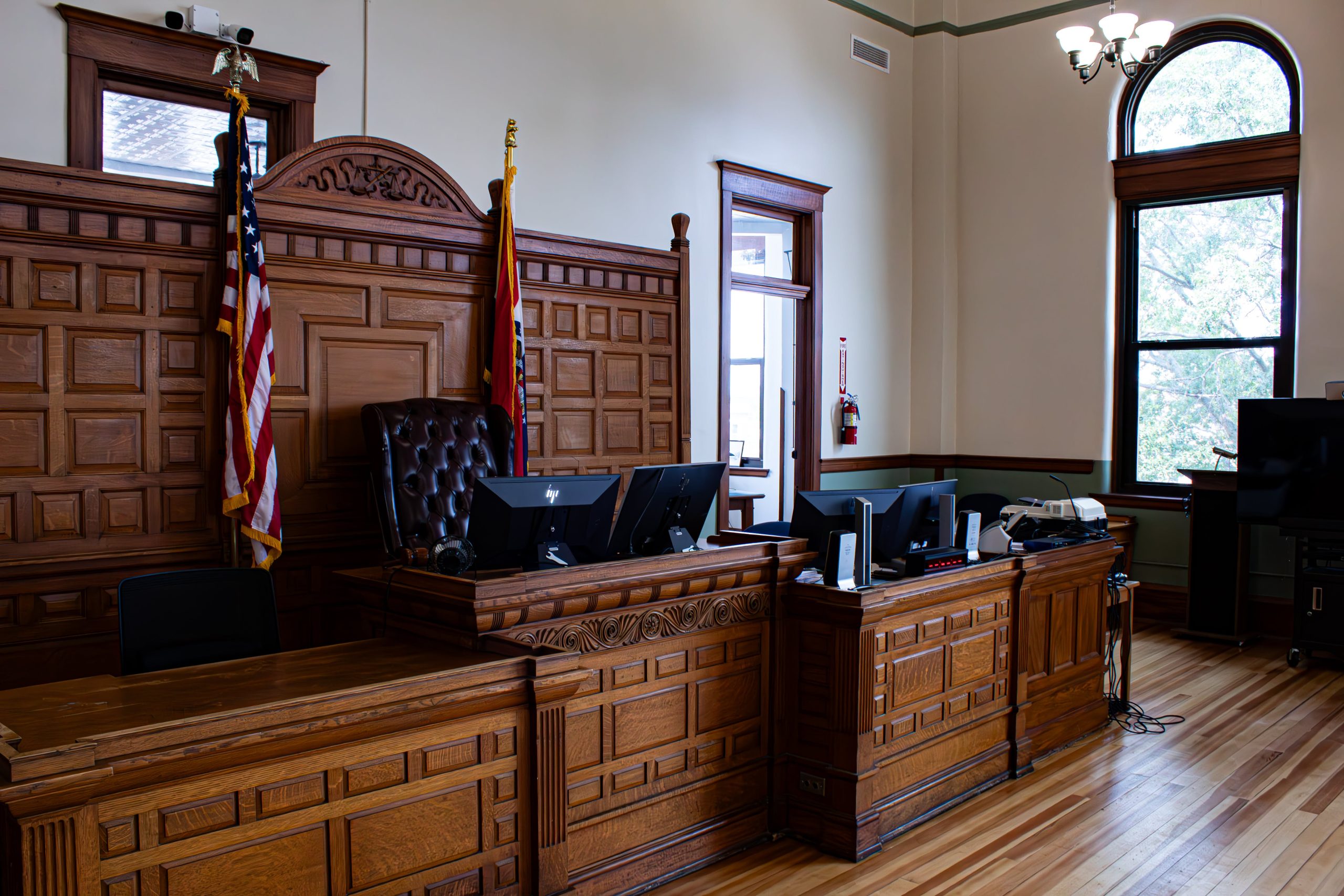In 2022 the Supreme Court recognized for the first time a constitutional right under the Second Amendment to carry a firearm in public, outside of the home, for the purpose of self-defense. As we observed earlier this year, courts and legislatures across the country are still trying to figure out the meaning and limits of New York State Rifle & Pistol Association, Inc. v. Bruen. Several pending cases in different jurisdictions could dramatically affect the rights of defendants—including those in Massachusetts—facing criminal charges related to firearms.
Amendment to carry a firearm in public, outside of the home, for the purpose of self-defense. As we observed earlier this year, courts and legislatures across the country are still trying to figure out the meaning and limits of New York State Rifle & Pistol Association, Inc. v. Bruen. Several pending cases in different jurisdictions could dramatically affect the rights of defendants—including those in Massachusetts—facing criminal charges related to firearms.
What firearms licensing regimes remain acceptable after Bruen? Bruen overturned licensing schemes that relied on non-objective, discretionary criteria for whether licenses could issue (so-called “may issue” regimes). This November, the federal Fourth Circuit Court of Appeals issued a 2-1 decision in Maryland Shall Issue v. Moore, applying Bruen to invalidate the firearms licensing scheme in Maryland. Maryland’s scheme relied on objective criteria (a so-called “shall issue” system) and thus observers initially assumed it would survive Bruen. The system, however, was somewhat complex: in addition to a registration process for each firearm and a process for obtaining a carry permit, Maryland required would-be gun-owners to obtain a “handgun qualification license” that required finger-printing, to take a four-hour training course, and to wait up to 30 days for approval. For two Republican-appointed judges on the Fourth Circuit, this went too far to comply with Bruen’s recognition of a fundamental right to carry firearms, despite suggestions in Bruen that requiring background checks and safety courses was still acceptable. Maryland has petitioned the Fourth Circuit to rehear the case before the entire court. In the meantime, the decision suggests that the licensing scheme in Massachusetts, although recently revised to be made into a “shall issue” system to comply with Bruen, could still be vulnerable to challenge.
Another issue concerns the carrying of firearms across state lines. Massachusetts’ gun laws are quite strict, while some of its very nearby neighbors have extremely relaxed legal regimes. For instance, G.L. c. 269, § 10(a), the Massachusetts law punishing carrying a firearm without a license, imposes a mandatory minimum prison sentence of eighteen months. In New Hampshire, by contrast, less than an hour north of Boston, carrying a firearm in public without a license is completely legal. In August of this year, a state District Court judge in Lowell dismissed carrying charges on the grounds that the defendant was a legal resident of New Hampshire. The judge reasoned that the ability to exercise a fundamental constitutional right could not shift so dramatically just because the defendant crossed a state line. The Commonwealth has appealed the ruling to the Appeals Court, where the case is currently pending.
 Boston Lawyer Blog
Boston Lawyer Blog

















